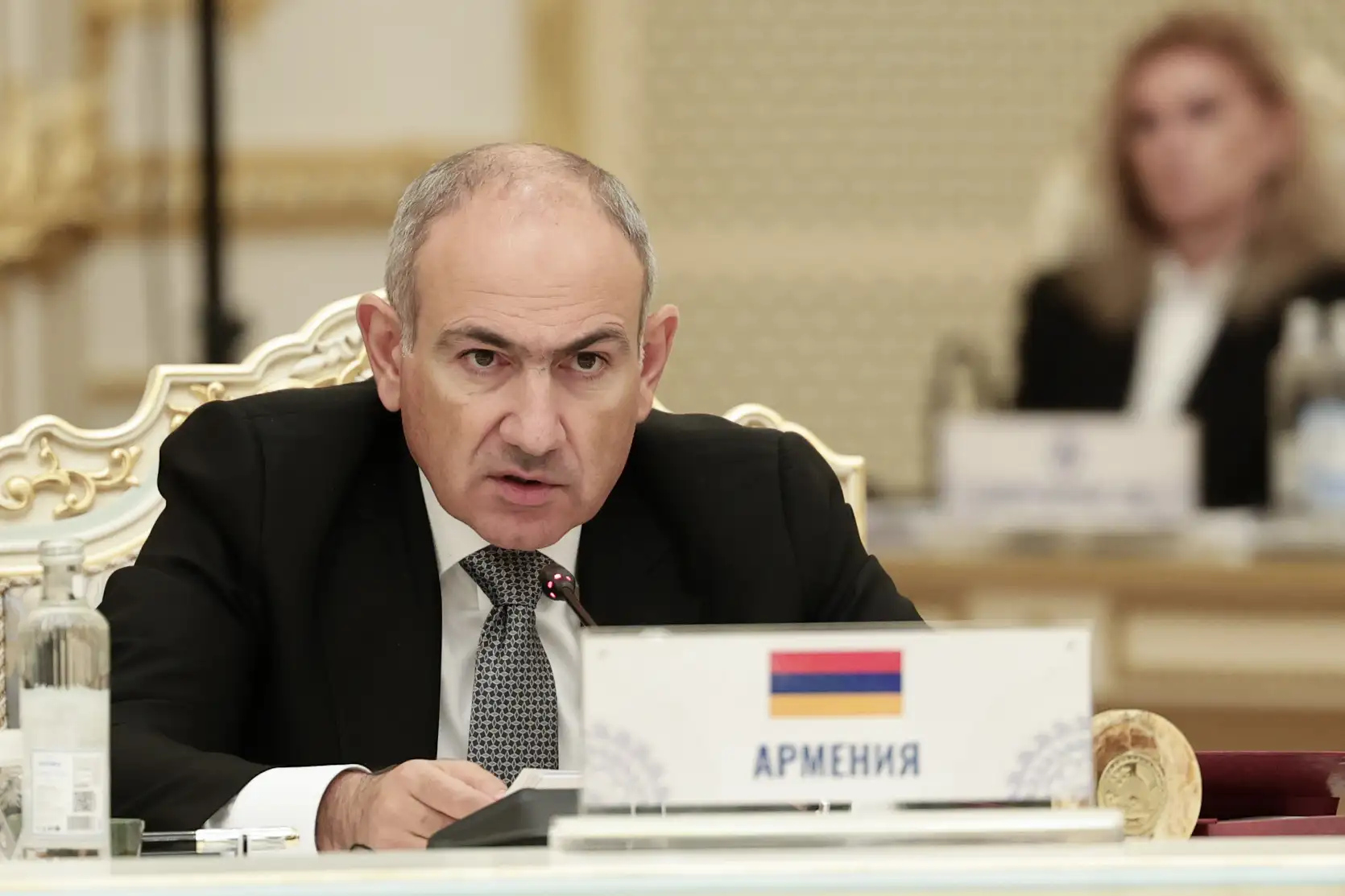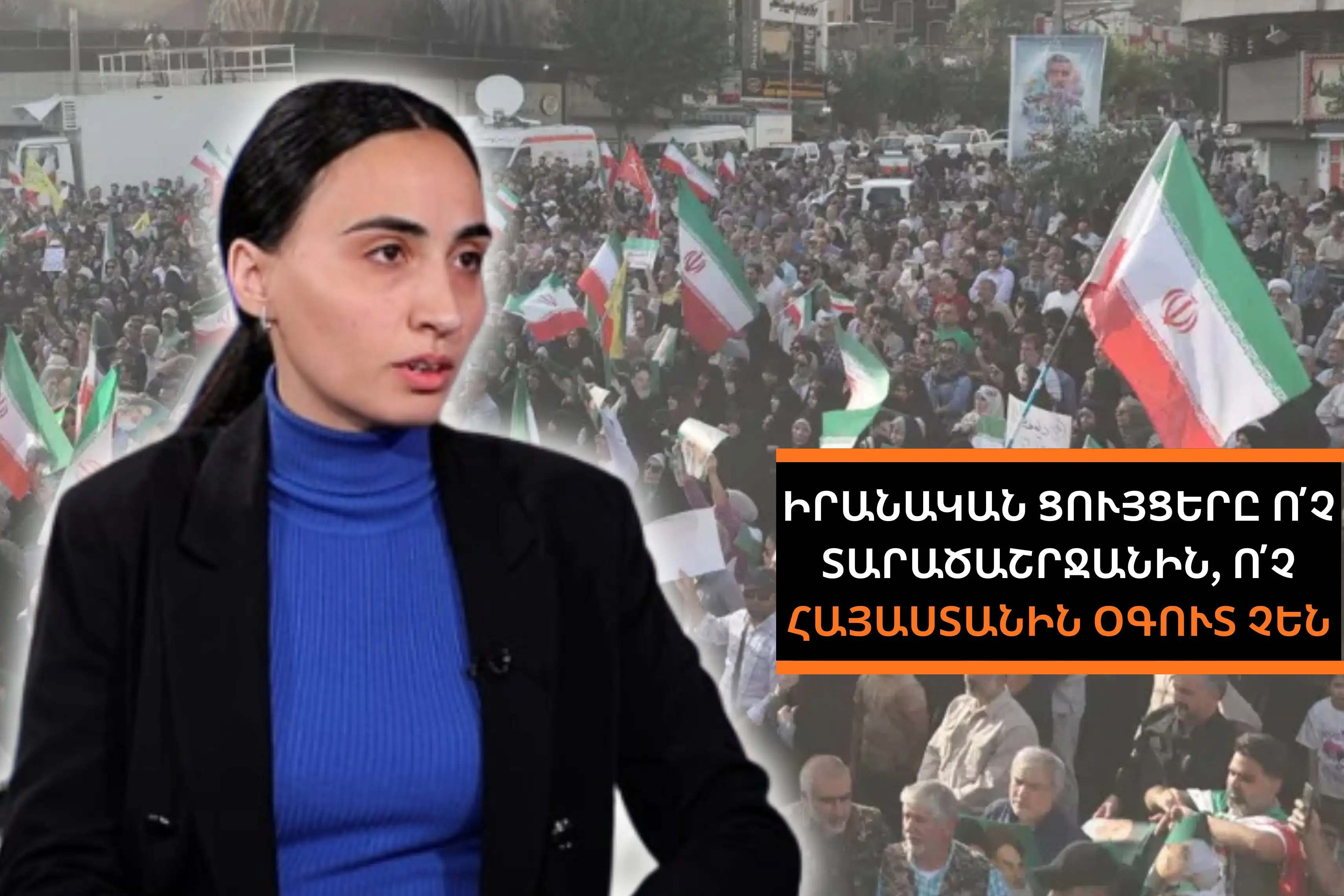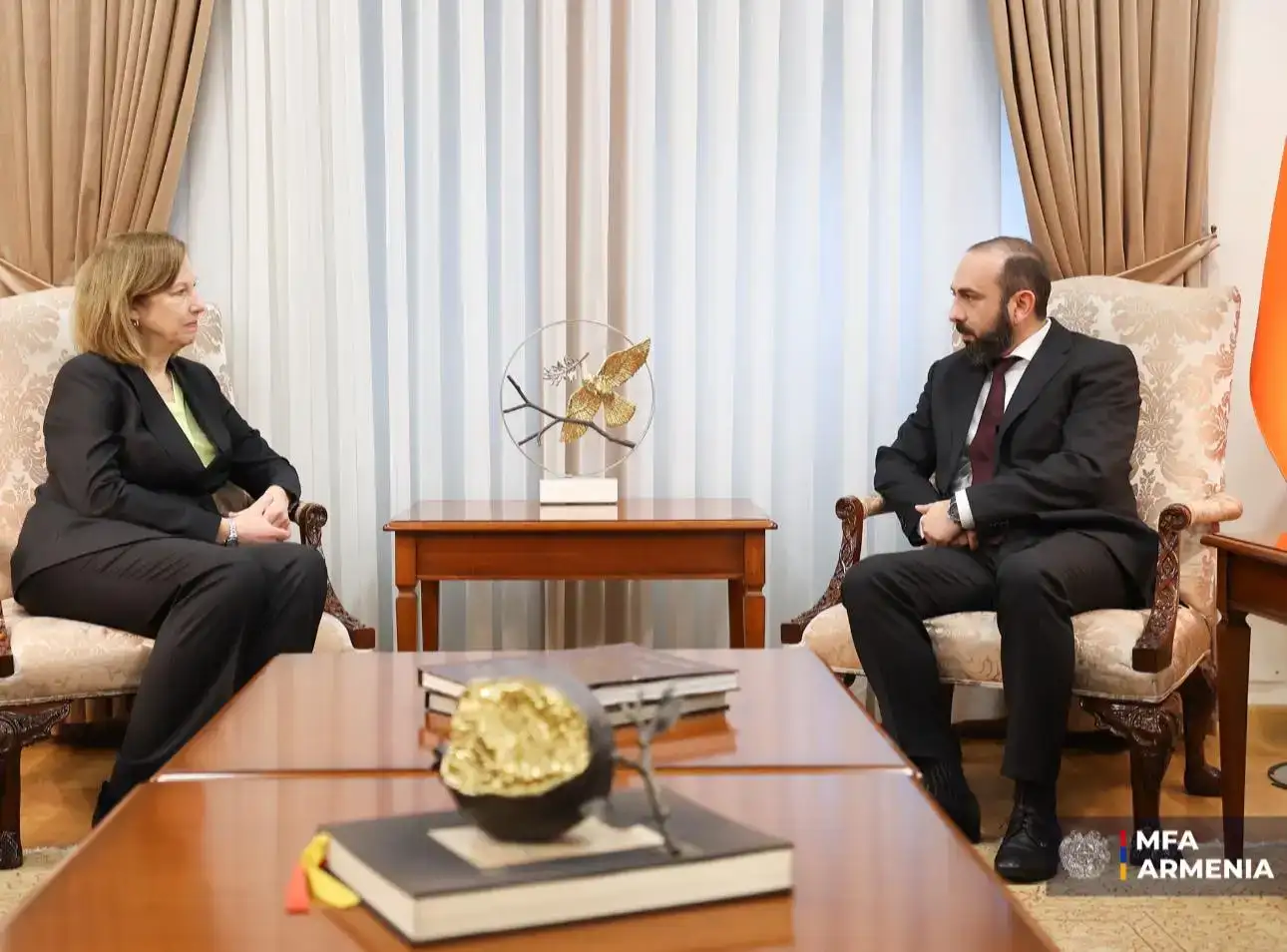Prime Minister Nikol Pashinyan participated in the regular session of the Council of Heads of the CIS member states in Dushanbe.
The leaders of the states were welcomed by Tajikistan's President, Emomali Rahmon, after which a ceremonial video conference took place.
At the closed session, Prime Minister Pashinyan made a speech, in which he, in particular, noted:
"Dear heads of delegations,
I am pleased to welcome you to the regular session of the Council of Heads of the CIS member states.
First of all, I would like to sincerely thank our Tajik friends, and in particular the esteemed President Rahmon, for the warm welcome and the high-level organization of today's summit.
I also express my special gratitude to the Tajik side for the successful implementation of the CIS presidency this year.
Dear colleagues,
I want to state with satisfaction that peace has been established between Armenia and Azerbaijan after a protracted conflict, and the founding document of the CIS, the 1991 Alma-Ata Declaration, has been fundamental in this process.
On August 8, 2018, following the Peace Summit in Washington, D.C., initiated by President Trump, President Aliyev and I adopted a declaration stating that Armenia and Azerbaijan recognize the need to chart a path to a bright future that is not predetermined by the conflict of the past, but in accordance with the Charter of the United Nations and the 1991 Alma-Ata Declaration.
Let me quote from the Washington Declaration: "After a conflict that caused untold human suffering, conditions have finally been created for our peoples to begin good-neighborly relations based on the principles of the inviolability of international borders and the inadmissibility of the use of force to acquire territory. This reality, which is not subject to and should never be subject to revision, paves the way for closing the page of hostility between our two peoples. We resolutely reject and exclude any attempt at retaliation now and in the future."
In the same Declaration, we, the leaders of Armenia and Azerbaijan, reaffirmed the importance of opening up communications between our two countries for domestic, bilateral, and international transport, based on respect for the sovereignty, territorial integrity, and jurisdiction of States, to promote peace, stability, and prosperity in the region and its vicinity.
These efforts should include unhindered communication between the central part of the Republic of Azerbaijan and the Nakhichevan Autonomous Republic through the territory of the Republic of Armenia, with the mutual benefits of international and domestic communications for the Republic of Armenia.
It was also recorded that the Republic of Armenia will work with the United States of America and mutually agreed third parties to define the framework for implementing the "Trump Roadmap for International Peace and Prosperity" (or TRIPP) communication program on the territory of the Republic of Armenia.
The TRIPP project enables Armenia to establish railway and other transport connections with Azerbaijan and other CIS member states.
This is a significant change and circumstance that will undoubtedly strengthen economic ties within the CIS and increase the organization's efficiency.
The TRIPP project also opens new export and import opportunities for the CIS countries.
Dear partners,
Before the Washington summit, back in March of this year, Armenia and Azerbaijan agreed on the draft "Agreement on the Establishment of Peace and Interstate Relations" and concluded negotiations on the project with a positive outcome.
This document also refers to the Alma-Ata Declaration of 1991.
In this context, the parties confirmed their understanding that the borders between the former Soviet Socialist Republics of the USSR have become equivalent to the international borders of independent states. Accordingly, Armenia and Azerbaijan recognize and will respect each other's sovereignty, territorial integrity, inviolability of international borders, and political independence.
This means that both countries recognize that the territory of the Republic of Armenia is identical to the territory of the Armenian Soviet Socialist Republic. The territory of the Republic of Azerbaijan is similar to the territory of the Azerbaijan Soviet Socialist Republic, and the borders encompassing these territories are inviolable.
The "Agreement on the Establishment of Peace and Interstate Relations between the Republic of Armenia and the Republic of Azerbaijan" was initialed at the White House by the Foreign Ministers of the two countries, in the presence of the President of the United States, the President of Azerbaijan, and me. I am confident that we will also sign and ratify this agreement in the near future.
It is noteworthy that in 2024, Armenia and Azerbaijan signed and ratified their first bilateral document. This is the Regulation "On the Joint Activities of the Border Demarcation Commissions of the Two Countries", which was signed by the Deputy Prime Ministers of the two countries and ratified in both Armenia and Azerbaijan, receiving the highest legal force.
This Regulation also enshrines the founding document of the Commonwealth, the Alma-Ata Declaration of 1991, as the main principle for demarcating the interstate border between the two countries. Based on this principle, in 2024, a nearly 12-kilometer section of the state border between our nations was demarcated.
Dear colleagues,
I am glad to inform you about all this, although the established peace does not mean that the issues on the Armenia-Azerbaijani agenda have been exhausted. We still need to develop mutual trade, economic, political, and cultural ties, and resolve humanitarian issues. This is not an easy task, given the long history of hostility. However, the established peace gives us confidence that these issues will be gradually resolved.
On the occasion of the establishment of peace, I congratulate not only Armenia and Azerbaijan, but also all the CIS member states, because I know you all really wanted this to happen, and it did. Peace is now a reality, and I congratulate all of us on this occasion and thank our CIS partners for their support during this time.
Thank you for your attention."
The expanded session of the Council was then held, during which the heads of state signed the protocols to the agreed documents.




















